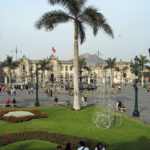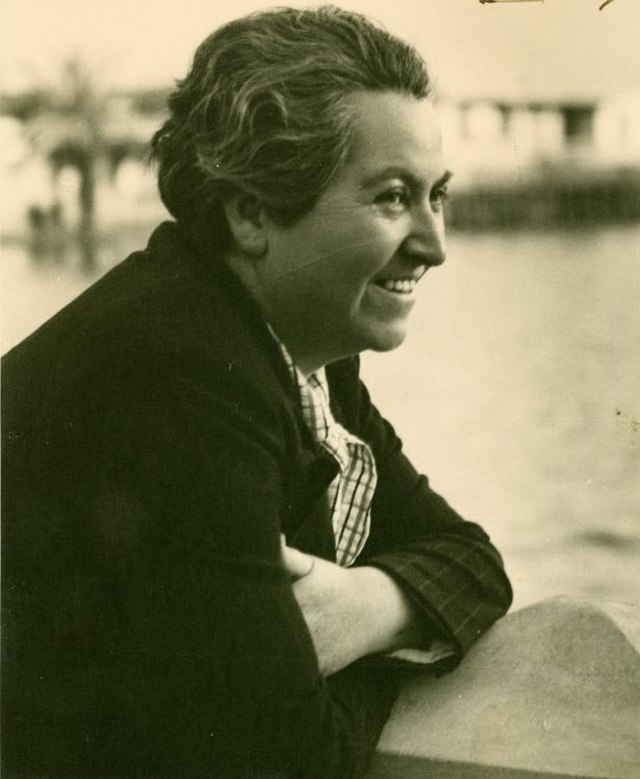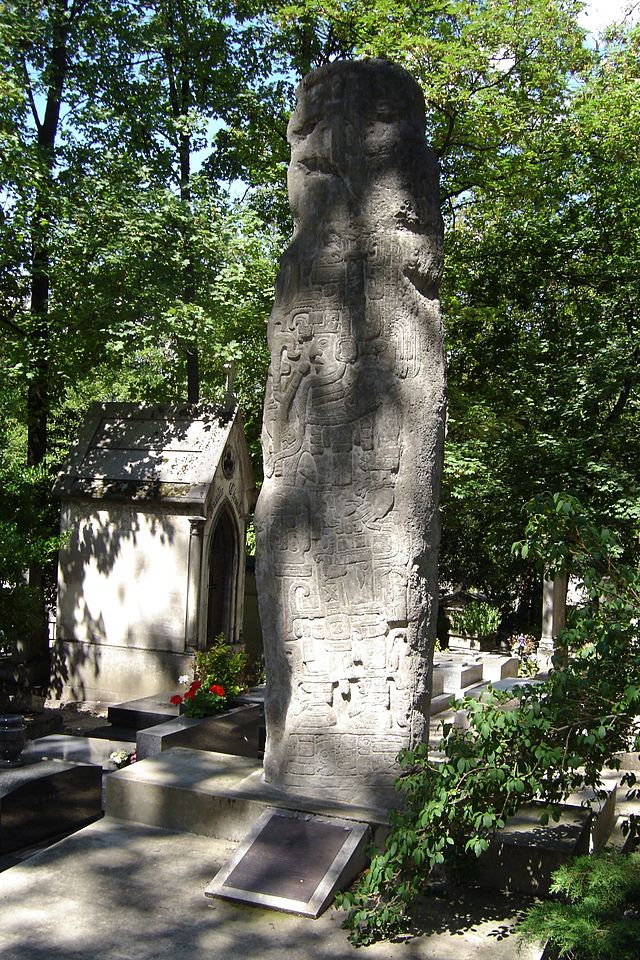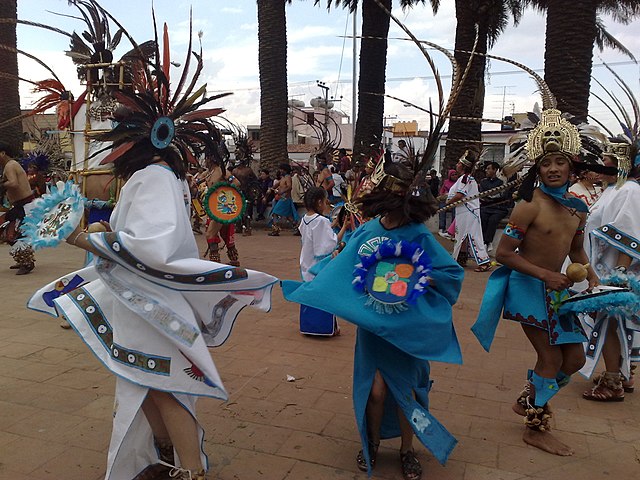In the 20th century, a literary revolution swept across Latin America as a group of vanguardist authors emerged, challenging the established norms of literature and paving the way for a new era of artistic expression. With their innovative techniques, bold experimentation, and unyielding creativity, these writers redefined the literary landscape of the region. This article aims to delve into the vibrant world of Latin American vanguardist literature, exploring the notable authors and their groundbreaking contributions.
The vanguardist movement in Latin America emerged as a response to the social, political, and cultural shifts that took place during the 20th century. Influenced by European avant-garde movements, Latin American vanguardist authors sought to break away from traditional literary conventions, embracing experimentation and challenging the status quo. They explored themes of identity, society, and cultural heritage, giving voice to marginalized perspectives and shedding light on the complexities of the region’s history.
Prominent Vanguardist Authors in Latin America:
– Octavio Paz (Mexico): Octavio Paz, a Nobel laureate, was a leading figure in Latin American vanguardist literature. His collection of essays, “The Labyrinth of Solitude,” delved into the Mexican psyche and identity, examining the challenges faced by individuals within society. Paz’s exploration of cultural assimilation and the search for identity resonated with readers, contributing to a deeper understanding of Mexican society.
– Jorge Luis Borges (Argentina): Jorge Luis Borges, often hailed as one of the greatest writers of the 20th century, was a master of the vanguardist short story. His works, such as “Ficciones” and “The Aleph,” blurred the boundaries between reality and fiction, challenging traditional narrative structures. Borges’ intricate labyrinths of words explored philosophical and metaphysical concepts, captivating readers with his intellectual depth.
– Alejo Carpentier (Cuba): Alejo Carpentier, a Cuban writer and musicologist, played a crucial role in introducing magical realism to Latin American literature. His novel “The Kingdom of This World” embraced elements of the marvellous and the supernatural, intertwining history and mythology. Carpentier’s lyrical prose and unique blend of reality and fantasy established him as a key vanguardist voice in the region.
– Gabriela Mistral (Chile): Gabriela Mistral, the first Latin American woman to receive the Nobel Prize in Literature, delved into themes of love, motherhood, and the human condition. Her poetry, such as “Desolación” and “Ternura,” combined elements of modernism and vanguardism, celebrating the natural world and the enduring spirit of indigenous communities.
– César Vallejo (Peru): César Vallejo, a Peruvian poet and essayist, pushed the boundaries of language and form in his works. His collection of poetry, “Trilce,” challenged traditional syntax and grammar, employing fragmented language to reflect the tumultuous reality of urban life. Vallejo’s raw and visceral verses captured the essence of human suffering and social injustice.
The vanguardist authors of Latin America left an indelible mark on the literary landscape, inspiring subsequent generations of writers and influencing literary movements worldwide. Their works challenged traditional narrative structures, pushed the boundaries of language, and explored the complexities of identity and society. Through their writings, these vanguardist authors opened doors for new voices and perspectives, paving the way for the multicultural and diverse literary scene in Latin America today.
The vanguardist authors of Latin America brought forth a literary revolution that shattered traditional norms and unleashed a wave of creativity. Figures such as Octavio Paz, Jorge Luis Borges, Alejo Carpentier, Gabriela Mistral, and César Vallejo transcended borders and introduced a new way of perceiving and understanding literature. Their pioneering works continue to captivate readers, challenging them to question the limits of language, explore the depths of human experience, and embrace the rich cultural heritage of Latin America. The vanguardist movement in Latin America stands as a testament to the transformative power of literature and the enduring legacy of these visionary authors.










